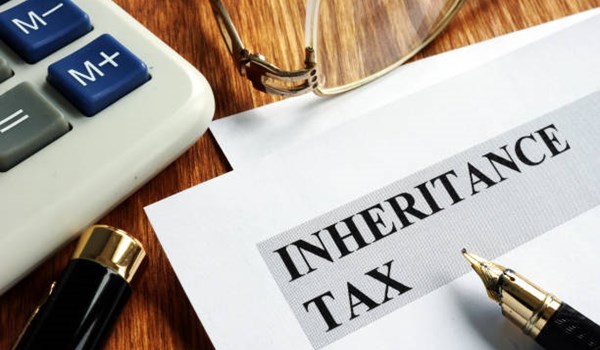Despite a global political momentum shift and growing scrutiny of green finance, Moody’s Ratings says sustainable bonds will again hit US$1tn this year
Global green finance has appeared to be on shakier ground in recent months.
First, Donald Trump was re-elected as US President, with the promise to “drill, baby, drill”.
At the same time, banks including CitiGroup, Goldman Sachs, Wells Fargo, Bank of America and Morgan Stanley quit the UN-founded Net Zero Banking Alliance.
There are fears that momentum is shifting away from green finance.
But, according to Moody’s Ratings, reports of its death are premature, with global issuance of sustainable bonds forecast to remain steady at around US$1tn in 2025, the fifth consecutive year at this level.
What are green bonds?
Green bonds are a type of debt issued by public or private institutions to finance themselves.
Unlike other credit instruments, they commit the use of the funds obtained to an environmental project or one related to climate change.
Green bonds are wholly used for green projects that impact positively on the environment. For example, renewable energy, energy efficiency, clean transportation and waste management.
Iberdrola is an example of a business that has embraced green bonds – even issuing its own issue brand: the Green Bond Principles.
The core ideas are:
The funds will be used for green projects that will have a beneficial effect on the environment
The issuer of a green bond must transparently notify the investors of the environmental sustainability goals, allowing them to be assessed and externally reviewed
The funds management will be appropriately and transparently controlled by the issuer, which will allow an auditor to perform a complementary review
The issuer of this type of bonds will periodically update the information about how the funds are used and the environmental benefits obtained.
Globally, sustainable bonds are in specific categories – all of which have had their 2025 fortune told by Moody’s Ratings.
Moody’s Ratings
Green Bonds
Moody’s Ratings says green bonds – primarily focused on climate mitigation – are expected to dominate the sustainable bond market in 2025, reaching a record US$620bn, slightly surpassing 2024 levels.
The organisation adds that they will benefit from policy support, private sector commitments and declining costs in clean energy technologies.
It says: “Investments in energy- and water-efficient data centres, nuclear energy projects and emerging green technologies for hard-to-abate sectors could bolster green bond volumes further.
“Nature-related projects are also gaining traction, driven by an increasing emphasis on ecosystem conservation and biodiversity to combat global warming.”
Sustainable bonds
Social and Sustainability Bonds
Social bond issuance is forecast to decline by 9% in 2025 to US$150bn. This decrease is due to a lack of benchmark-sized projects and reduced pandemic-related social financing.
Sustainability bonds, which fund a mix of green and social projects, could remain stable at US$175bn.
Transition and Sustainability-Linked Bonds
Transition bonds, which debuted in 2024 with Japan’s US$11bn issuance, are forecast by Moody’s Ratings to remain flat at US$20bn in 2025.
It says sustainability-linked bonds could grow by 14% to US$35bn this year – well below the US$80bn annual average between 2021 and 2023.
Moody’s Ratings says the sustainable bond market will vary in different parts of the globe, driven by political, economic and regulatory factors. It predicts:
Europe: Europe will maintain its dominance with projected volumes of US$465bn in 2025. The implementation of the European Green Bond Standard in late 2024 may spur growth.
Asia-Pacific: APAC’s sustainable bond issuance is forecasted at US$238bn, slightly below 2024 levels. Transition finance remains a key focus.
North America: Sustainable bond issuance in North America will remain muted, with 2024 volumes totalling US$124bn, a 30% decline from 2021. In the U.S., reduced federal investment in clean energy under the new administration is partially offset by private-sector initiatives and state-level efforts.
Latin America and the Caribbean: Issuance could rebound in 2025, driven by COP30 in Brazil and increased activity from regional issuers.
Middle East and Africa: While accounting for the smallest share of sustainable bond issuance, the region’s focus on clean energy investments and carbon transition risks could support long-term growth.
Looking forward to growth
Moody’s Ratings says there is hope that the levels of green bond issuance could grow in the future, driven in part by climate resilience projects.
It says: “As more public and private issuers embrace adaptation and resilience projects, sustainable bond frameworks are expanding.
“For instance, the Netherlands’ green bond framework funds long-term flood management strategies.”
It adds: “Similarly, US utilities are investing in grid resilience to address wildfire risks, integrating these initiatives into their bond frameworks.
“Nature-focused financing is also gaining ground, with blue bonds supporting marine and coastal projects, such as kelp forest cultivation for carbon sequestration.”



